“She is almost white like you and she goes to school, so she is educated” , Sheikh Saleem Hamid Ambe Somota Al Mahri told me, he then grabbed my arm, looked me in the eyes with seriousness and said: “Please, take my daughter with you to your country and leave Tanya with me here. She will become a good Muslim.”
“Don´t leave me here!” Tanya shrieked half jokingly since she had gone through quite a demanding time since we arrived to this small Bedu settlement Al Arabah and I answered our new guide quite weary knowing his daughter was only 12 years old: “It is haram (forbidden) in my country. You have to be 18 years old to be able to marry and we cannot have more than one wife.”
Sheikh Saleem looked very surprised and tried again to persuade me again, since in his book of life, it would be a good move for a father to marry his daughter to what he most likely thought was a life together with a well to do foreigner. Somebody who not only could take care of his daughter but also one who would take care of him and the rest of his family. This move I can fully understand. It is a question of pure survival and there´s a saying among the Bedu which says it all:
“A guest fed in one’s own tent today may be the one who can provide food tomorrow.”
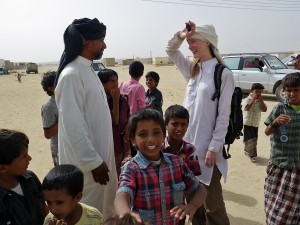
I shook my head again. He looked sad, looked forlornly at Tanya, realized his new dream would never happen, but he didn´t bring the subject up again, ever. He was a really good human being, one of the best I have ever met. Warm, kind, intelligent, generous and extremely loyal. And he knew his camels. He was an old bahout (leader of camel Expeditions) who once used to lead big caravans between Al Ghaydah and Rumah, our chosen route. It ended with the arrival of the car, but in those days he brought food, salt and other necessities on up to a 100 camels shared between 50 men. I am sure it was as complicated to travel together with two foreigners and one camel, because every day we in one way or the other questioned things of life which were the only ways he knew. At times, like this instance, he was to shocked to have an answer. Other times, he would say:
“I don´t understand because I am not educated.”
This time he walked back in silence to the eager and curious crowd who was sitting on the front porch belonging to a rich camel owner who everyone called Ali Ali. He was one of very few Bedu I actually disliked a lot. We had met him once during our negotiations to buy a camel in Al Ghaydah and didn´t like him at that time either. He was one of these human beings who is convinced he know better than everybody else. Of which we have quite a few in Sweden, so I know them well. They have no wish to listen to others, but are convinced they know the truth. And in this case Ali Ali told us, Tanya specifically since she spoke Arabic, that Islam was the only way. It didn´t matter that we tiredly pointed out that he couldn´t read and write and actually never read the Quran. And all his tries ended up with Tanya referring to a sura (passage) in the Quran stating differently. He walked off in anger, when I told him it was time to move on with life and that was the beginning of the most demanding time of our trip. Ali Ali instigated a virtual flood of women trying to persuade Tanya to leave me and become a Muslim. (We had chosen to say that we were married to avoid problems, but as a whole it complicated more than it was of help) He also tried to make us look bad in front of all the other people, saying we, especially me, which of course was right, that we were non-believers and this is of course not a very good thing to be when among a crowd with a non-educated view of Islam. Tanya and Sheikh Saleem talked us out of it, because we did realize that Ali Ali was our host and as generous as all the other Bedus and showered food and tea upon us throughout the 24 hours we stayed in the village. Enough time to rest, have a shower, was all the clothes and recharge all needed batteries. Sheikh Saleem kept a watchful eye on us all the time and I was happy he was a part of our team, which by now had done 2/3 of the trip to Rumah.
The hardest part was still ahead of us. Up until this moment we had done the easiest part of the Expedition from Al Dabin to Al Arabah. It had been one week of extreme heat, some vicious sand storms, but great desert scenery. However we were getting more adapted to the heat by each day out in the Sands of Mahra. Finally we were doing the 20 km a day we needed to be able to feel we were getting closer to Rumah and hopefully we would make it back to Sanaa before the Ramadan. A wish everyone of us had, since walking a full day without food would have been impossible. But our speed, 5-6 km/hour and no rest when walking, had already finished of 3 guides until Sheikh Saleem turned up. Our first guide, the amicable Mabkhout returned to his family when we reached Al Dabin, to some degree because his 8 month old daughter needed more vitamins and but most of al due to the fact that he was scared of the Bedu tribes waiting outside the Kelshat area he knew. And he was scared he would eventually die but the hard work and the sun. He often brought up he had seen Mohammed, our friend from Al Ghaydah, being hit badly by a sunstroke, left us and worried he would go down the same road. So he returned home and left us in the hands of a young fat Bedu in Al Dabin, who´s father was a rich local sheikh who bragged continuously, and the sons name was Mohammed Oman. He knew absolutely nothing about camels, he lied excessively, he did manage to cause unnecessary injury to poor Kensington by tying him to hard before I could take over and he did virtually nothing but complain. But he still cost us a 100 US a day. But we had no other choice but to take him with us, since this practice of safe conduct and passage in between the different tribes is as old as the Bedu themselves and is called sayyara. Bertram Thomas and Wilfreid Thesiger who both passed through the same area back in the years of 1946-47 talks at length about it. It still exists. So does the generosity of the Bedu.
No matter where we turned up, whether settlements or Nomadic tent camps, we were always offered camel milk, food, the scarce water and grazing for Kensington. We never paid a cent. Only Mohammed tried to complicate matters wherever we came due to his sheer youth, exhaustion and stupidity, but we managed to get him kicked out from a Nomadic camp since he caused us a major embarrassment by his lies. This was the first time we met Sheikh Saleem, which was described as a highly religious and pious man who knew everything about camels. And he was known by everyone in Al Mahra and thought to be the best guide of all. But, Mohammed had fooled us and we had hired another guide, which we promised the job of joining us. A great and very pleasant fella, but all this caused us to end up in a serious argument with Sheikh Saleem.
We where at that stage very close to be forced to turn back and give up our journey.
Please, you have to see this map, press the tab Fly-In and you will see our route!
All photos can be seen here!
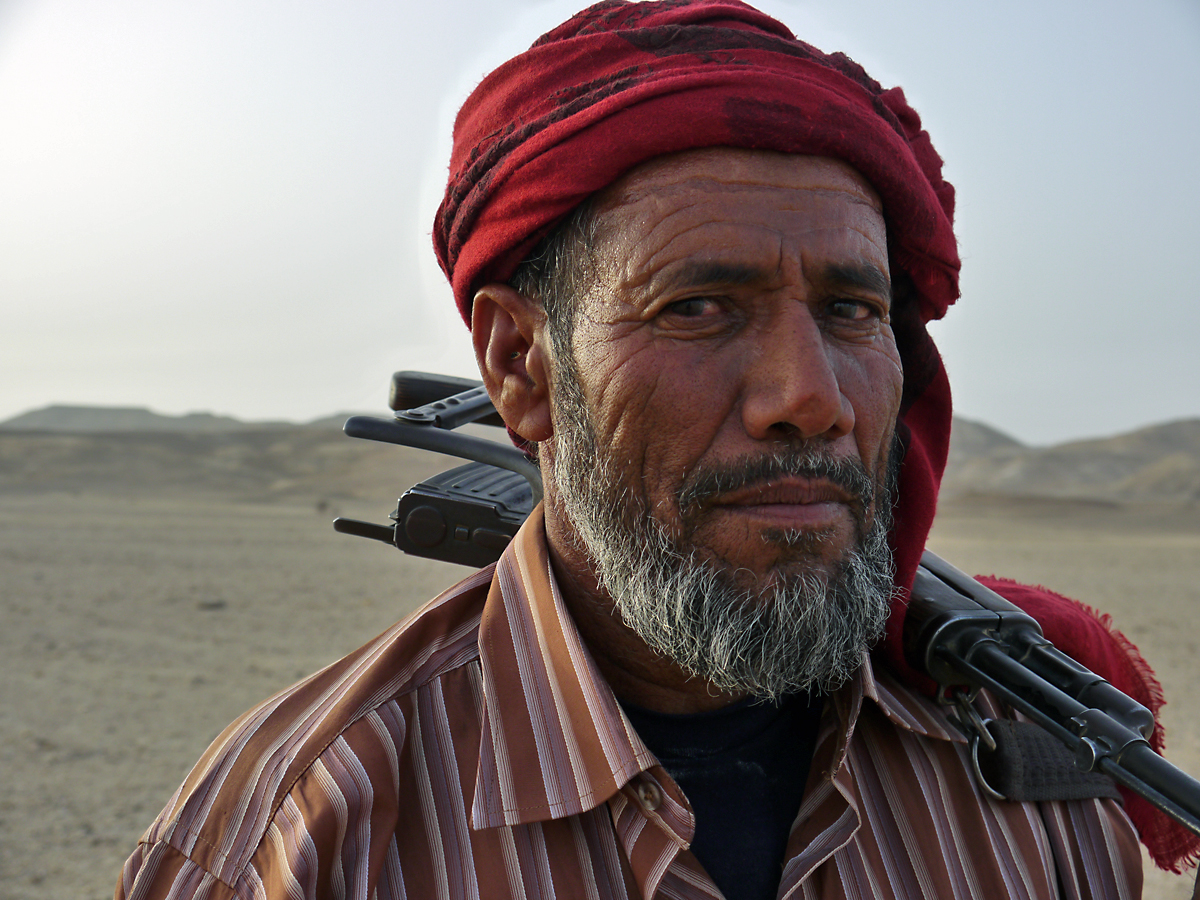
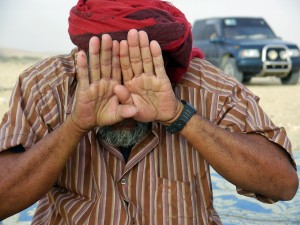
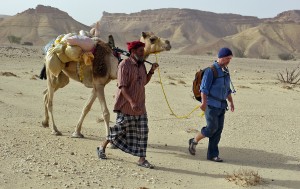

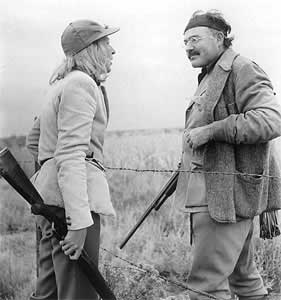
Mikael!! I loved the time we spent together in the desert. This trip is a memory I cherish. Because you are an explorer and I am a journalist we (perhaps by necessity) express ourselves differently. As many of course already know I, Tanya, am my own person, with my own perspective. I have some writings of my own regarding this trip (you can see on Mikael’s blog the entry “Poor Me”). Mikael you are a world traveler. I have lived in Yemen for three years and being a little more familiar with the culture, my experiences and interpretations were often different. Peace!
Dear Mr. Strandberg,
I read the report on you on Yemen Times from July 19 and following that went into your website, and read a few of your articles/notes from your current journey . I can only wish and dream of such expeditions in Yemen myself. I am from Israel, a Ph.D student (writing about Yemen during the rule of Imam Yahya 1904-1948).
I would like to ask you what you meant by saying in the report to Yemen Times: “The biggest enemy of Yemen is Yemen itself”. I remembered an article I read by Munir al-Mouri titled : “Yemen’s true Enemy”. al-Mouri was referring to poverty in Yemen. You mentioned the economic situation yourself,. but I am not sure this is what you meant. I would be grateful to hear your opinion and explain to me your point of view.
Take care and Best wishes,
Inbal Nissim
Hello Mr. Strandberg,
I recently read your piece on Yemen; extremely captivating. If I may, could I trouble you for the contact information to guides in Al Mahra?
Mainly information on how to reach Sheikh Saleem since he is the camel expert.
My sincere thanks for your assistance in advance,
Dina E.
Dear Dina,
Thanks for your email.I have received many emails the last week asking for Saleems telephone, but of course, he doesn´t have one!
However, we do have contacts with somehow can contact him, but we have agreed with them that we will do contact them and tell them exactly what you want, they will come back to me and I will give you a valid phone number.
I am very happy to hear that you wanna meet this extra ordinary human being!
All the best!
M -todays article http://www.mikaelstrandberg.com/2012/07/30/expedition-yemen-by-camel-meeting-al-qaeda-in-rumah/
Dear Mr Nissim,
Thanks for your email. Well, I am amazed they didn´t ask me to expand on this question, but maybe they felt it could be held as a general answer as regards to all the difficult issues this great country is facing.
I meant the internal in-fighting between themselves, which never seems to end and there somewhat isolationist political behavior. They need to open up more and won´t loose much from their own great culture, since they´re so much aware off it.
My opinions.
Are u a Yemeni Jew by the way? I was often thought to be one on my trip from Zabid to Sanaa!
M
Dear Mr. Strandberg,
Thanks for your reply!
Internal fighting between different groups or even within themselves is indeed a problem as well as the tendency towards isolation in politics, which affects other fields. The policy of “uzla” and “jumud” was attributed to Yemen rulers and sometimes society already in the days of the Imama (and of course to Imam Yahya). I guess though, it differs form one place to another (maybe north and south?). I suppose traditional views add to that. For example, I read that the minister of tourism said in an interview a few years ago that the government would not give in to foreign businessman initiatives to build hotels and develop the Tihama fro tourists because of their respect to tribal traditional and religious families living there.
How do get along during Ramadan?. How do you manage at all? I read what you wrote drinking and carrying water at about 50 degrees Celsius (!!!) and no car, no A.C.
As for your question, I am not a Yemeni Jew, though my great-grandfather (I hope I wrote it correctly, I meant my mother’s grandfather on her mother’s side) was originally form Aden, but he left Aden when he was 18 and was sent to Alexandria, Egypt). He died at a young age and I did not know him.
Thank you again,
Best wishes,
Inbal (a female by the way)
Dear Mikael,
I hope you are well. I wish to thank you again for your reply and apologize for my delayed one.
I imagine you have many contacts among important figures in Yemen, and I would like to ask for your help regarding research material, as you were so kind to offer.
As I wrote, my Ph.D thesis is about Imam Yahya’s rule (1904-1948), but I have great difficulties with primary resources, particulary finding 2 newspapers: Al-Iman الايمان which served the Imam’s regime, and Al-Hikma or مجلة الحكمة اليمنية – the opposition’s newspaper (the “Free Yemenis” movement), published in 1938/9-1941 (about 40-50 issues).
There are a few issues of Al-Iman in Turkey (Ankara), but as far as I know only Prof. Sayyid Mustafa Salim managed to obtain the al-Hikma paper. Copies of the issues of al-Hikma will be for me like winning the lottery or visiting Yemen myself!
I asked in the past for the assistance of the AIYS and also the French Institute in Yemen, but without any luck. I was also in contact with a Yemeni news reporter for a while, but nothing came of it (he said it was “mission impossible”).
I will of course be happy to pay expenses and costs of such an “operation”.
Best wishes,
Inbal